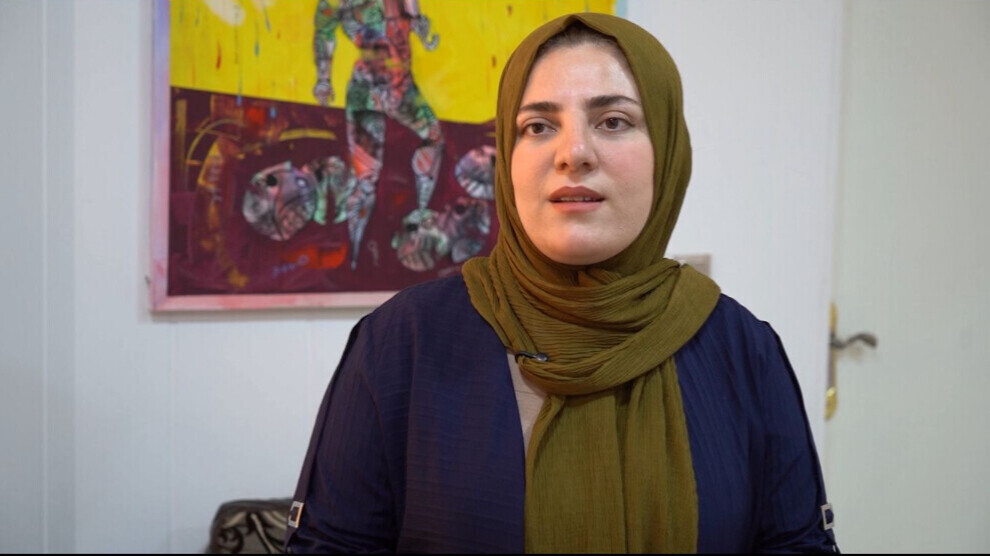Child marriage legalized in Iraq under controversial law
Lawyer Ashti Abdullah said child marriage fuels family breakdown and social problems, worsened by traditions, social media, and economic crises, stressing the need for legal awareness and education to ensure stability.

MEHRIBAN SALAM
Halabja — On 27 August, the Iraqi parliament passed provisions of the Ja’fari Sharia into the Personal Status Law, sparking widespread debate and outrage over marriage regulations. The law permits marriages for those under 18 and strips women of the right to prohibit their husband from taking a second wife in the marriage contract.
Under Iraq’s Personal Status Law, child and underage marriages are now legally recognized, effectively denying women their previous rights. While the Kurdistan Regional Government (KRG) law prohibits marriage under 18, girls may still marry with parental consent and court approval, creating a loophole that enables child marriage.
Human rights advocates warn such marriages are often unsuccessful and fraught with problems. Lawyer Ashti Abdullah noted that the rate of under-18 marriages has increased. The law allows them under conditions: the individual must be deemed “fully mature” physically, the guardian must be present, and court approval granted. In practice, this equates to treating minors as adults in terms of legal effect. For those over 18, only a blood test is required, with no parental presence necessary.
Child marriage, impact of digital media
Lawyer Ashti Abdullah highlighted several factors driving child marriage—marriage of girls under the legal age—in Kurdistan. One major factor is societal pressure, as longstanding traditions make it difficult for a girl to remain unmarried after 18. Another is curiosity and the desire to “experience” marriage, with girls often viewing it superficially without understanding its responsibilities and consequences.
She emphasized the growing influence of digital media, noting that many underage girls feel ready to marry due to exposure on social platforms. This influence now extends into homes and is compounded by economic pressures.
Higher rates in broken families
Abdullah noted that child marriage is more common in broken families. Girls under 18 living only with their mother often marry quickly, without considering the stepfather’s or mother’s spouse’s opinion. She also pointed out that families from southern Iraq and older men seeking wealth-driven marriages contribute to higher rates, often leading to early separations. Social norms, traditions, economic crises, and weak personal willpower all contribute to the problem.
Legal awareness is essential
Abdullah stressed that child marriage leads to family breakdown and that many young people marry without proper legal documentation. Understanding marriage contracts and legal rights is critical, particularly if divorce occurs. She emphasized that underage marriage is inappropriate and that girls are often more vulnerable than should complete their education and personal development to reduce conflicts and ensure a stable, safe life.
